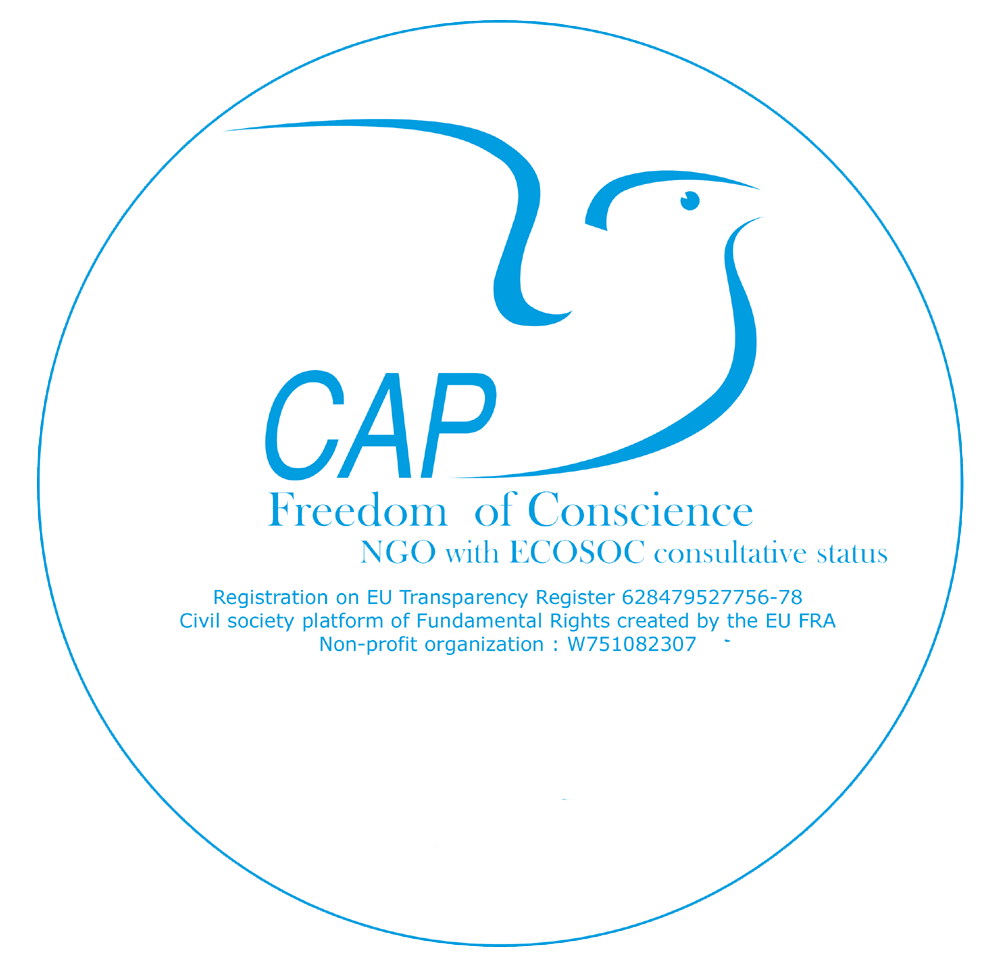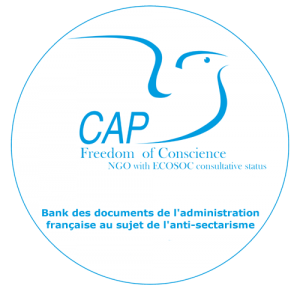CAP Liberté de Conscience October 2024
The 142nd session of the United Nations Human Rights Committee, held on October 17-18, 2024 at the Palais Wilson in Geneva, provided an opportunity for an in-depth dialogue between the Committee experts and the official delegation of Pakistan. At the heart of the discussions was the question of freedom of religion and discrimination against religious minorities, particularly the Ahmadiyya community, which raised serious concerns among the Committee members.
According to the information provided, religious minorities in Pakistan, such as Shia Muslims, Christians, Hindus, and Sikhs, face frequent attacks, threats, and accusations of blasphemy. The Ahmadiyya community, in particular, has been the target of discriminatory legislation and societal intolerance. The committee expressed deep concern about the Criminal Law Amendment Act of 2023, which increased the punishment for using derogatory remarks against holy persons, further exacerbating the persecution of religious minorities.
The committee also raised alarm about the recent incident in Rabwah, where the Ahmadiyya community was threatened with the removal of Islamic rituals from their places of worship, and the lack of effective measures to prevent such acts of intimidation. This is a clear violation of the Ahmadiyya community’s right to freedom of religion and belief, as protected by Article 18 of the ICCPR.
The committee’s concerns about the misuse of blasphemy laws and the lack of effective measures to prevent their abuse are also well-founded. The committee requested detailed information on the number of persons charged with blasphemy, the number of acquittals and convictions, and the sentences imposed. This data is crucial in assessing the extent to which these laws are being used to target and persecute religious minorities, including the Ahmadiyya community.
The committee’s previous concluding observations on Pakistan’s compliance with the ICCPR highlighted the need for the state to take concrete steps to protect the rights of religious minorities and ensure that the Covenant’s provisions are given full effect in the domestic legal order. However, the information presented during the current review suggests that the situation has not improved, and in some cases, has even deteriorated.
In its concluding observations, the committee should reiterate its call for Pakistan to repeal or amend the blasphemy laws to bring them in line with international human rights standards, and to take effective measures to prevent their misuse and abuse. The committee should also urge Pakistan to strengthen the mandate and independence of the National Commission on Minorities, and to ensure that it has the necessary resources and authority to investigate and address violations of the rights of religious minorities, including the Ahmadiyya community.
Furthermore, the committee should call on Pakistan to ratify the 1981 Declaration on the Elimination of All Forms of Intolerance and of Discrimination Based on Religion or Belief, and to take concrete steps to combat hate speech, incitement to violence, and societal discrimination against religious minorities. The state should also be urged to provide comprehensive data on the prevalence of violence and discrimination against religious minorities, and to ensure that perpetrators are held accountable.
The conclusions of the Human Rights Committee on the situation of the Ahmadiyya echo the detailed from civil society such as CAP Liberté de Conscience or International Human Rights Committee submitted to the committee. In its report, CAP LC has thoroughly documented the systematic human rights violations suffered by the Ahmadiyya community in Pakistan, including attacks on their places of worship, desecration of their cemeteries, arbitrary arrests, and legal discrimination that prevents them from fully participating in public life.







